High-Intensity Interval Training (HIIT) doesn’t have to mean high impact. For people managing knee pain, staying active can feel daunting—but it’s not impossible. In fact, the right kind of movement can actually support joint health, improve strength, and reduce discomfort over time. With expert guidance, you can adapt HIIT to be safe, effective, and tailored to real-life routines—no gym or fancy equipment needed.
Contrary to popular belief, exercise is often recommended for knee pain, especially when caused by conditions like osteoarthritis or general joint stiffness. The key is choosing movements that strengthen the muscles around the knee—like the quadriceps, hamstrings, and glutes—without overloading the joint.
HIIT, when modified, offers short bursts of effort followed by rest, improving cardiovascular fitness and muscle tone efficiently. This makes it ideal for busy schedules—some routines take as little as 10–15 minutes a day.
Even in short bursts, proper alignment protects your knees. Focus on controlled movements, keeping your knees in line with your toes and avoiding inward collapse.
Swap jumping jacks for seated marches or standing knee lifts. Cycling motions, seated punches, or recumbent biking offer intensity without joint stress.

A sturdy chair can transform your workout. Use it for balance during standing moves or perform seated intervals like leg extensions or arm presses.
You don’t need deep squats. Perform partial squats or wall sits with a small bend to build strength safely.
Hold positions like wall sits or glute bridges to build muscle without joint movement. These are excellent for HIIT intervals.
Start with 3–5 minutes of light movement—ankle circles, seated marches, or slow leg swings—to increase blood flow and prepare joints.
Begin with 20 seconds of effort and 40 seconds of rest. As endurance improves, adjust the ratio—but never push through pain.
Use arm movements—like seated punches, overhead presses, or resistance band rows—to elevate heart rate while giving knees a break.
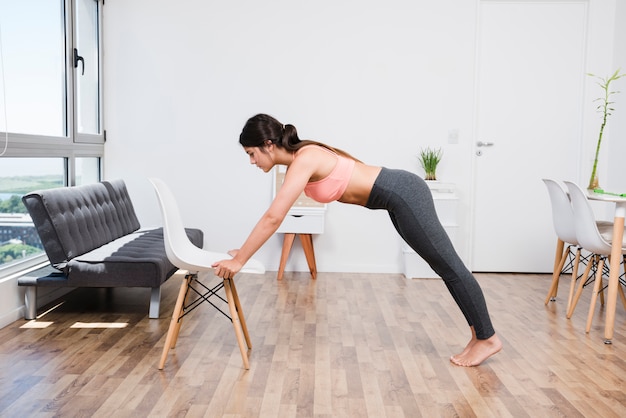
Light resistance bands can increase intensity without weight. Try banded leg abductions or seated rows to build muscle safely.
These positions increase pressure on the kneecap. Opt for standing or seated variations instead.
After your session, spend 3–5 minutes stretching the calves, hamstrings, and quads. Avoid deep knee bends or aggressive stretching.
Discomfort is normal, but sharp or worsening pain is not. Adjust or stop any move that causes knee strain.
Five days of 10-minute workouts are better than one intense 30-minute session that flares up pain. Consistency builds long-term joint resilience.
Stay hydrated, maintain a healthy weight, and consider supportive footwear. These habits reduce overall knee stress and improve workout tolerance.
Cool-down (1 min): Slow seated stretches for legs and arms.
Living with knee pain doesn’t mean giving up on fitness. With smart modifications, HIIT can be a powerful, time-efficient tool to stay strong and energized. The goal isn’t to push through pain, but to move with purpose, protect your joints, and build sustainable habits.
Start small, focus on form, and celebrate progress—no matter how gradual. Your knees will thank you.

Fitness
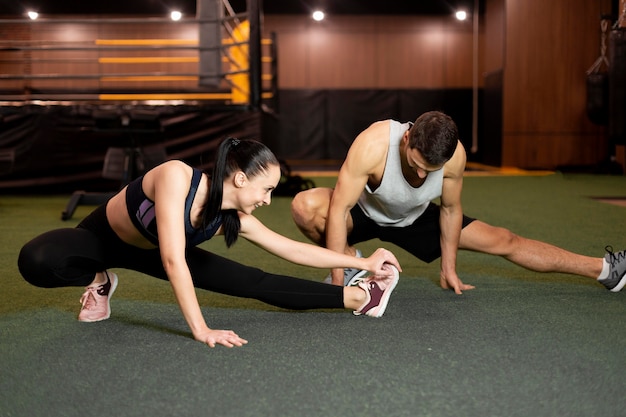
Fitness
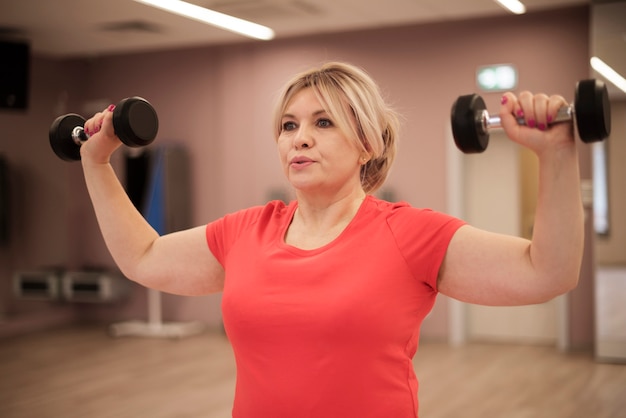
Fitness

Fitness
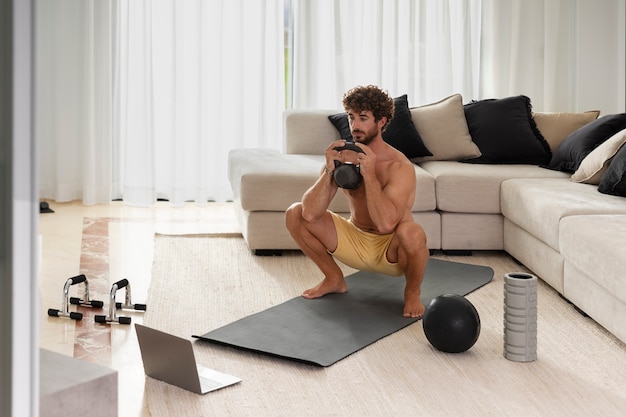
Fitness
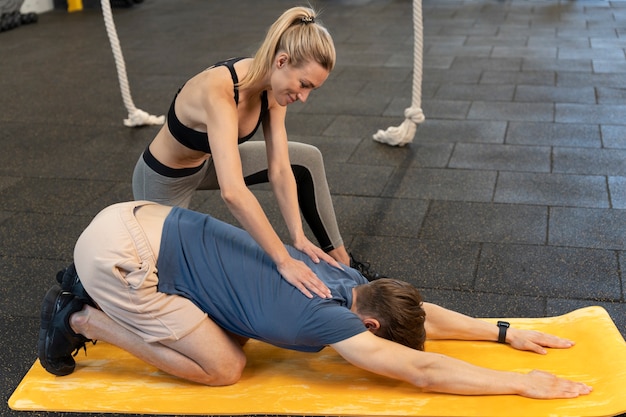
Wellness

Wellness
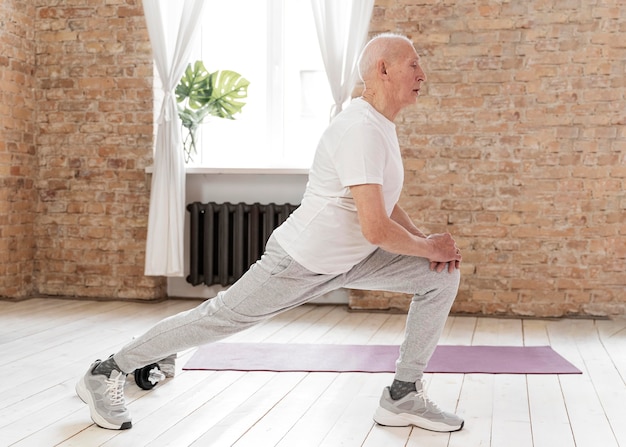
Fitness
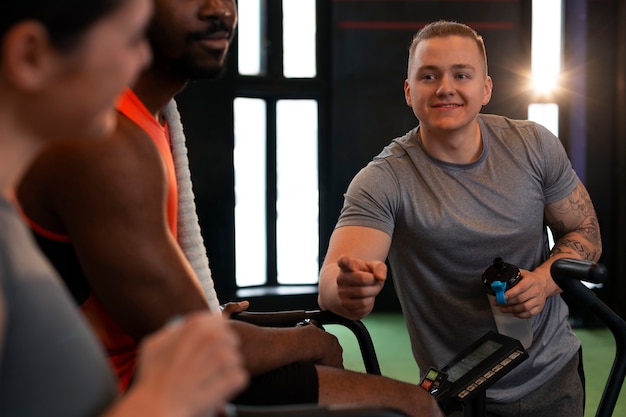
Health

Fitness
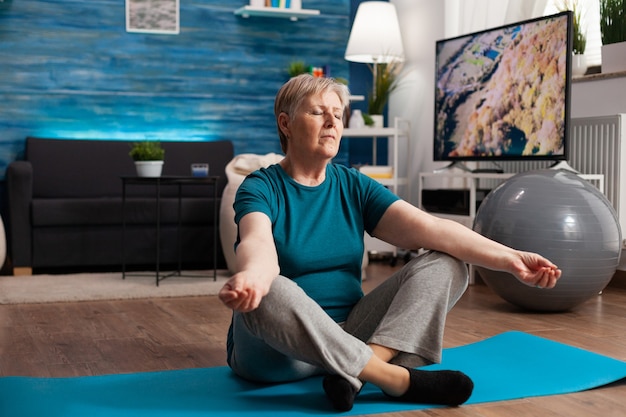
Health

Wellness

Health

Fitness

Health

Health